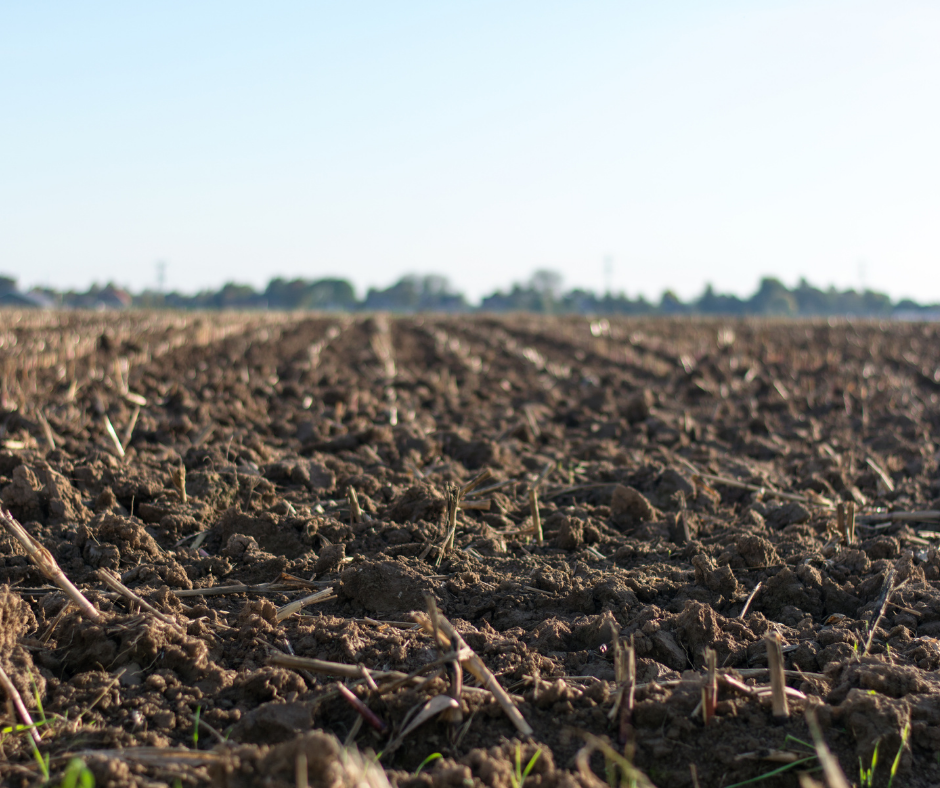
A Guide to Soil Health
The best way to understand your soil health, and diagnose plant deficiencies, is to have your soil tested by a professional who can provide you with comprehensive results. In Pennsylvania, the Penn State Soils Lab is a common choice for soil testing.
You can find a Penn State Soil Test Kit in our Retail Store, as well as at your county extension office. The kit includes an envelope, in which you collect soil samples from your yard/garden and send it directly to Penn State Extension for testing. These results can be difficult to interpret for the average gardener, so if you have questions bring your test results to Rohrer Seeds, or a soil fertility expert that you trust.
A Soils Lab can test the macro and micro nutrients by chemically removing these elements from your soil. This indicates what levels of nutrients are readily available for your plants, and will determine what fertilizer and/or amendments are necessary. They will also measure pH, humic matter, and exchangeable acidity, which will indicate how much lime is needed, if any.
Macronutrients include nitrogen, phosphorus, potassium, calcium, magnesium, and sulfur. For the purpose of amending your soil, the three numbers you will see are in relation to N-P-K; or Nitrogen, Phosphorus, and Potassium. Plants need these elements to be readily available for uptake, which is why organic matter is so vital to the health of your soil.
- Nitrogen is vital to the process of photosynthesis and the production of protein. Soils are often deficient in nitrogen needed for most crops, and with too little, plant productivity will be limited.
- Phosphorus is a primary component of cell membranes and enzymes and also aids in photosynthesis. A low supply of phosphorus can lead to low yield and late maturation.
- Potassium aids in the regulation of moisture loss and temperature control. Plants also rely on potassium for the transfer of sugars.
A soil test will also tell you how much organic matter is present in your soil. This will be reported as a percentage, and it measures the ability of the soil to supply nutrients, water, and other vital needs to support the wellbeing of the plant.
Organic matter like compost or manure provides readily available nutrients. The best way to understand organic matter is by considering how long it would take an apple core to decompose if you set it on the soil next to your plants. While an apple itself is organic matter, with this method it would take a considerable amount of time for the nutrients to become available to your plants. Through the chemical process of composting that apple and putting the compost in your soil, the nutrients are made more readily available to your plants.
Legumes as cover crops are also a great source of nitrogen, as the nodes that grow in the root zone of these crops release nitrogen back into the soil. Use clover, vetches, or alfalfa to boost the nitrogen available to your plants.
Soil pH is the measure of acidity or alkalinity of your soil. 7.0 is neutral, and anything below it is considered acidic. If the pH is outside of the 6.2-7.2 range your plants may have difficulty absorbing nutrients. However, some crops such as blueberries prefer soils with high acidity, thriving even at the 4.5-5.5 range.
When should you get your soil tested?
Getting your soil tested every 2-3 years is a good rule of thumb to follow. Oftentimes, people wait to have their soil tested when they are having a problem with their lawn or garden, but some of these issues can be prevented with regular soil testing. You can get your soil tested any time of year, but fall is a great option, as it gives you plenty of time to amend your soil for the following growing season!




Comments
Leave a comment